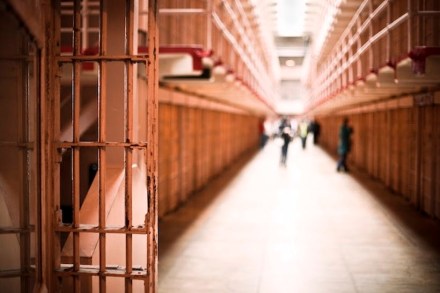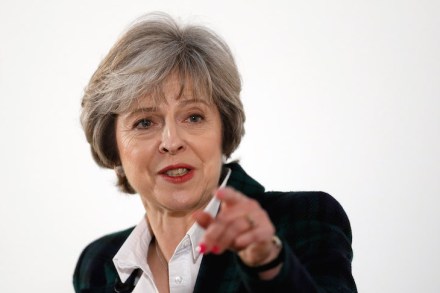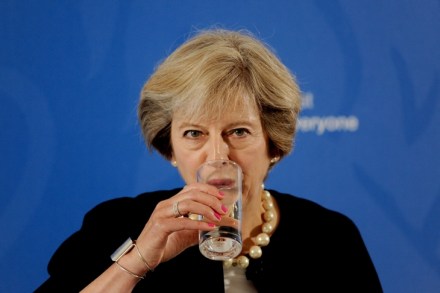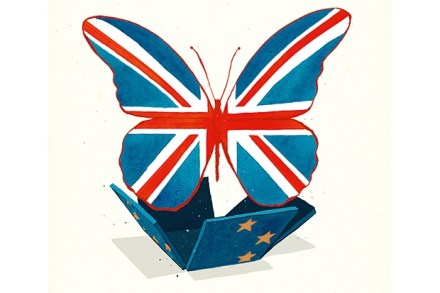The government machine can’t root out Islamism in prisons. Believe me, I know
In response to the Westminster attack, a 100-strong new counter-extremism taskforce has been announced to deal with the terrorist threat in prisons. I’m taking some credit for this badly needed focus. In the autumn of 2015, the then Justice Secretary, Michael Gove, asked me to lead an independent review of the threat posed by Islamist extremism in prisons, the probation service and the youth justice system. I used to be a prison governor in what was known until just a few days ago as the National Offender Management Service, so I agreed on the understanding that I reported only to him and that I had his full support to go



















